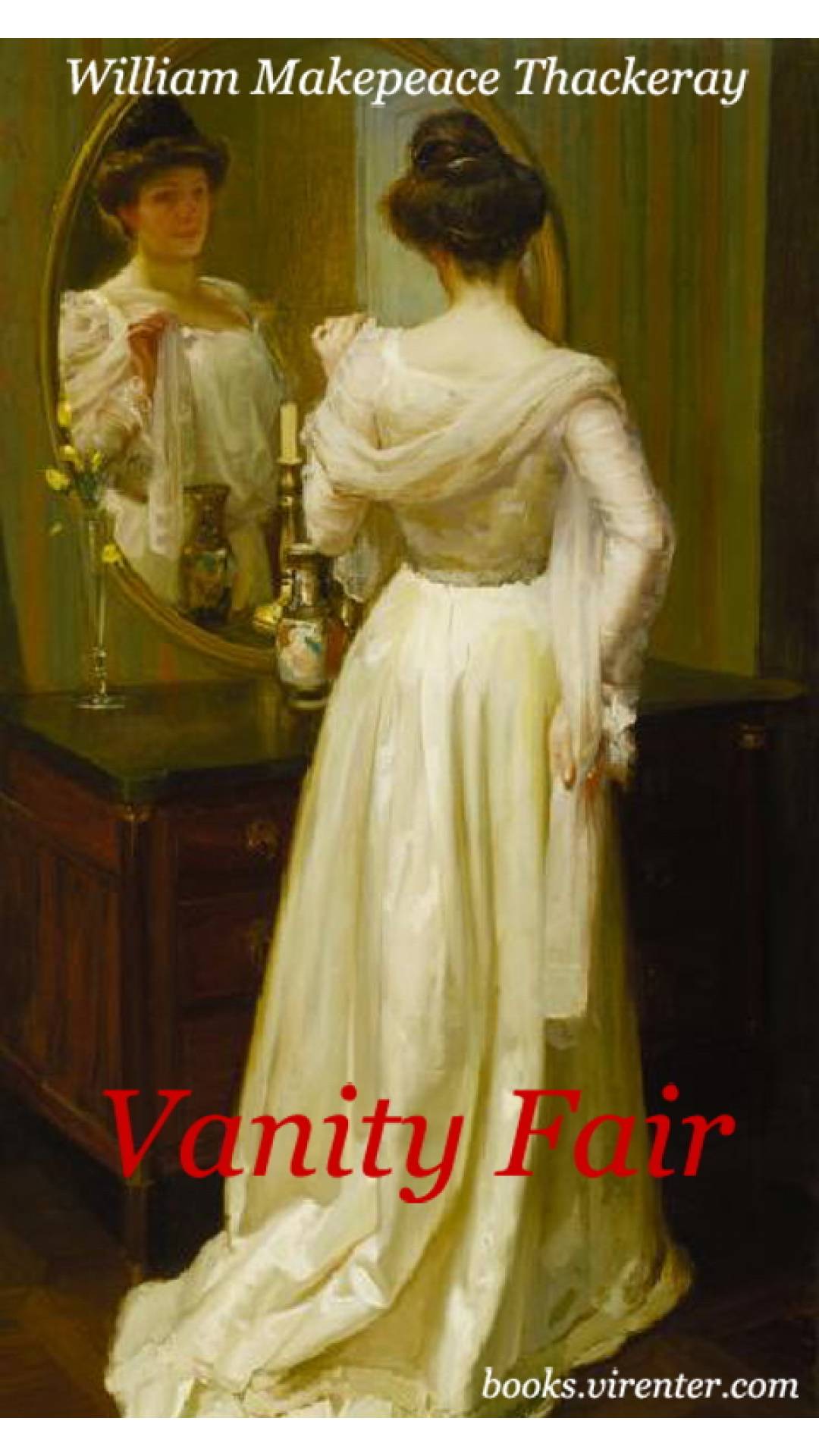Vanity Fair by William Makepeace Thackeray: A Satirical Classic
Introduction to Vanity Fair
Published in 1848, William Makepeace Thackeray's Vanity Fair is a satirical tour de force that lays bare the follies and vices of 19th-century British society. Subtitled "A Novel Without a Hero," this work defies traditional narrative conventions by presenting deeply flawed characters and a biting critique of human ambition, greed, and vanity.
The Plot: A Tale of Social Climbing and Moral Complexity
Vanity Fair follows the intertwined lives of two women, the ambitious and cunning Becky Sharp and the kind-hearted but naive Amelia Sedley. While Becky schemes her way up the social ladder, Amelia's life takes a downward turn after her family's financial ruin. Against the backdrop of the Napoleonic Wars, the novel explores their contrasting fortunes, relationships, and moral dilemmas.
The narrative spans decades, showcasing a wide array of characters, from corrupt aristocrats to struggling soldiers, all caught in the web of societal expectations and personal ambition. Thackeray's sharp wit and keen observations make the story both engaging and thought-provoking.
Key Themes in Vanity Fair
Social Ambition: Becky Sharp epitomizes the relentless pursuit of wealth and status, often at the expense of integrity.
Hypocrisy and Moral Flaws: The novel exposes the pretensions and moral shortcomings of its characters, reflecting broader societal issues.
Gender and Power Dynamics: Thackeray critiques the limited roles available to women and the societal pressures they face.
Fate and Free Will: Through its characters' choices and consequences, the novel explores the tension between destiny and personal agency.
Why Vanity Fair Endures
Vanity Fair remains relevant for its unflinching portrayal of human nature and its timeless critique of societal values. Thackeray's ability to balance humor with sharp commentary ensures the novel's enduring appeal. Readers are drawn to its rich tapestry of characters and its exploration of themes that resonate across eras.
Conclusion
William Makepeace Thackeray's Vanity Fair is more than just a classic novel; it is a mirror reflecting the complexities of human ambition and morality. Its satirical brilliance and multi-faceted characters make it a must-read for anyone interested in exploring the intricacies of society and human behavior. Whether you are revisiting this masterpiece or encountering it for the first time, Vanity Fair offers a captivating journey through the foibles of the human condition.
